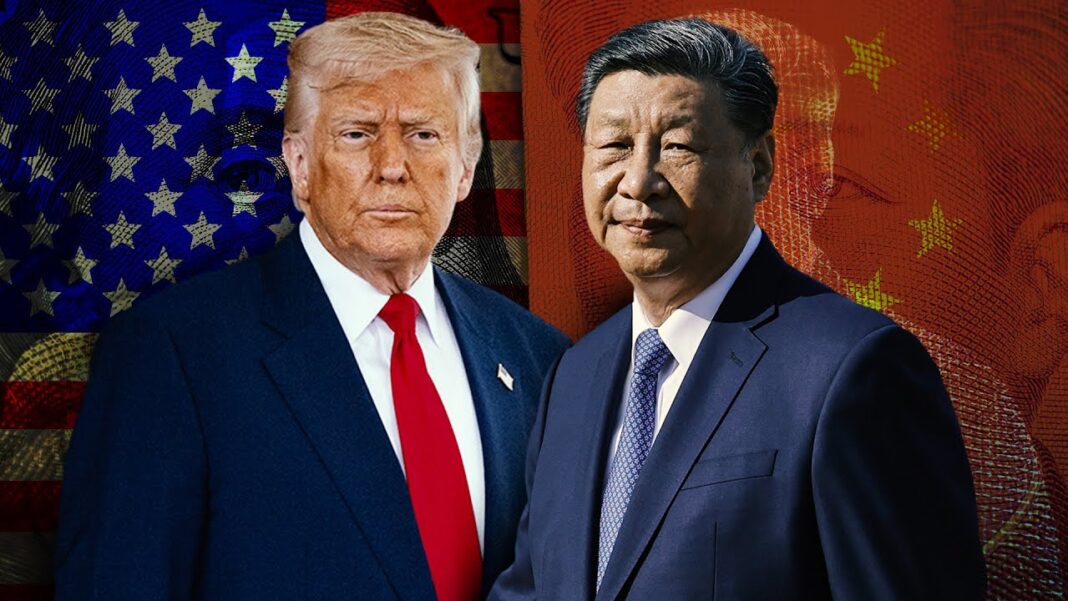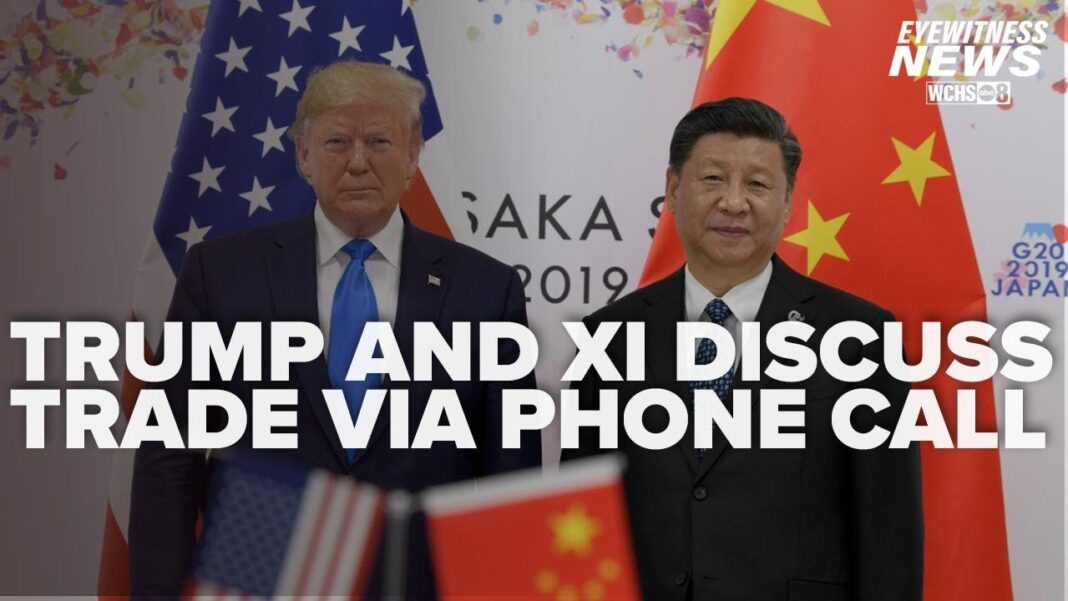While rare earth exports have resumed, they remain below the levels outlined in the Geneva agreement, Trump’s economic adviser says.
WASHINGTON—Trade negotiators from the United States and China are heading back to the table on June 9, but this time in London, in a renewed effort to break the deadlock after last month’s Geneva talks failed to produce meaningful results.
The high-stakes meeting follows President Donald Trump’s call with Chinese leader Xi Jinping on June 5, after which Trump announced that the dispute over China’s rare earth export restrictions—a key obstacle in trade talks—had been resolved.
“There should no longer be any questions respecting the complexity of Rare Earth products,” Trump said on Truth Social following the call. “Our respective teams will be meeting shortly at a location to be determined.”
The hour-and-a-half-long conversation came after Trump publicly expressed frustration over Beijing’s negotiating tactics, calling Xi “very tough” and “extremely hard to make a deal with” in a Truth Social post the day before.
According to White House press secretary Karoline Leavitt, the U.S. trade officials will press their Chinese counterparts to fully comply with the terms of the May 12 trade agreement reached in Geneva, which included reciprocal tariff reductions. Under the deal, both countries agreed to reduce tariffs by 115 percent while maintaining an additional 10 percent levy.
“The administration has been monitoring China’s compliance with the deal, and we hope that this will move forward to have more comprehensive trade talks,” Leavitt told Fox News on June 8.
Treasury Secretary Scott Bessent, Secretary of Commerce Howard Lutnick, and U.S. Trade Representative Jamieson Greer will lead the American delegation in London.
Rare Earths Still in Focus
Despite Trump’s declaration that the rare earths dispute has been resolved, his officials remain cautious.
According to National Economic Council Director Kevin Hassett, while rare earth exports have resumed, they are still below the levels previously agreed upon.
“Those exports of critical minerals have been getting released at a rate that is higher than it was but not as high as we believe we agreed to in Geneva,” he told CBS’ “Face the Nation” on June 8.
“We want the rare earths, the magnets that are crucial for cell phones and everything else, to flow just as they did before the week of April, and we don’t want any technical details to slow that down, and that’s clear to them.”
In response to Trump’s Liberation Day tariffs, Beijing introduced export restrictions on critical rare earth elements, metals, and magnets effective April 4. Beijing has tightened export controls on seven rare earth elements—samarium, gadolinium, terbium, dysprosium, lutetium, scandium, and yttrium—straining supply chains critical to America’s defense, aerospace, and automotive sectors.
The latest restrictions follow a December 2024 export ban on three key minerals—antimony, gallium, and germanium—imposed in retaliation for former President Joe Biden’s technology curbs targeting the Chinese communist regime.
China dominates global rare earths supply chains, accounting for nearly 60 percent of worldwide production and almost 85 percent of processing capacity. The Chinese regime has turned that dominance into a strategic weapon against other countries in recent years.
While the terms of the deal are still being worked out, Hassett expressed optimism about the London meeting.
“I’m very comfortable that this deal is about to be closed,” he said.
Deeper trade issues continue to loom over the talks.








